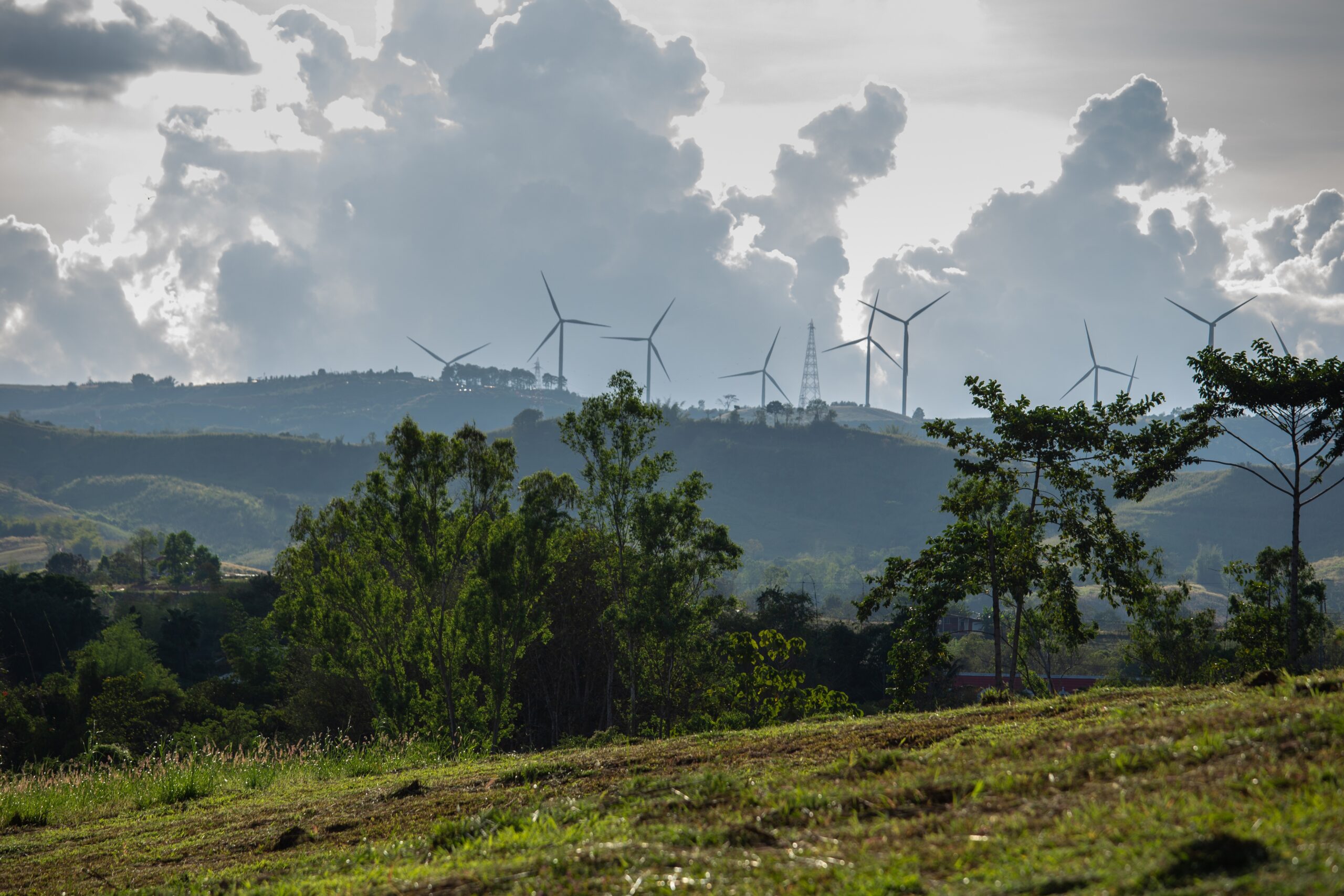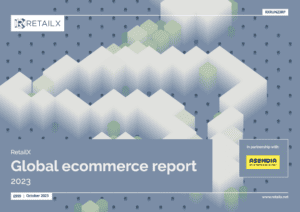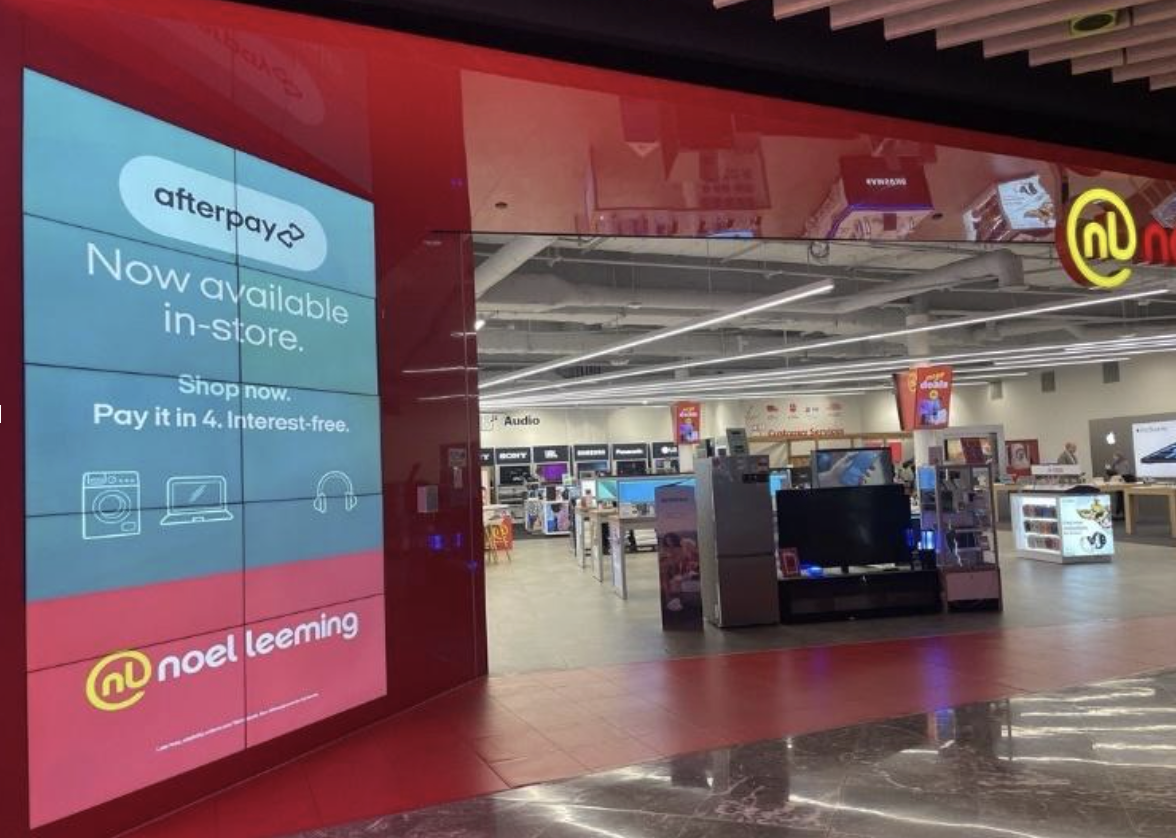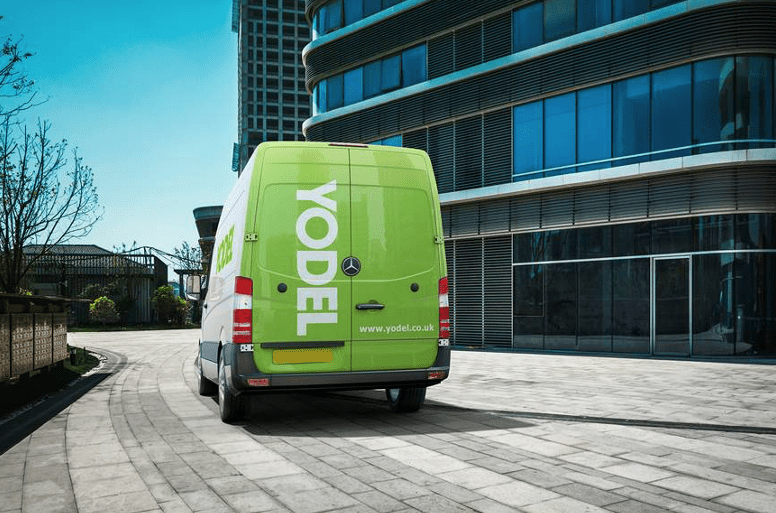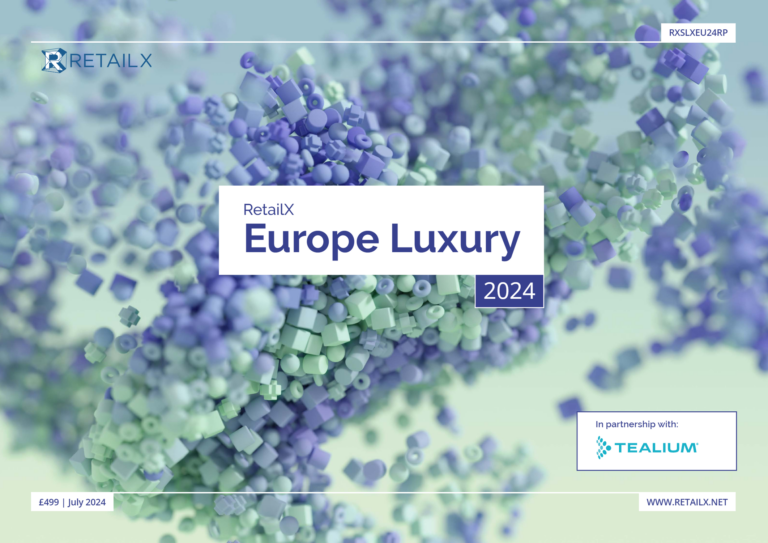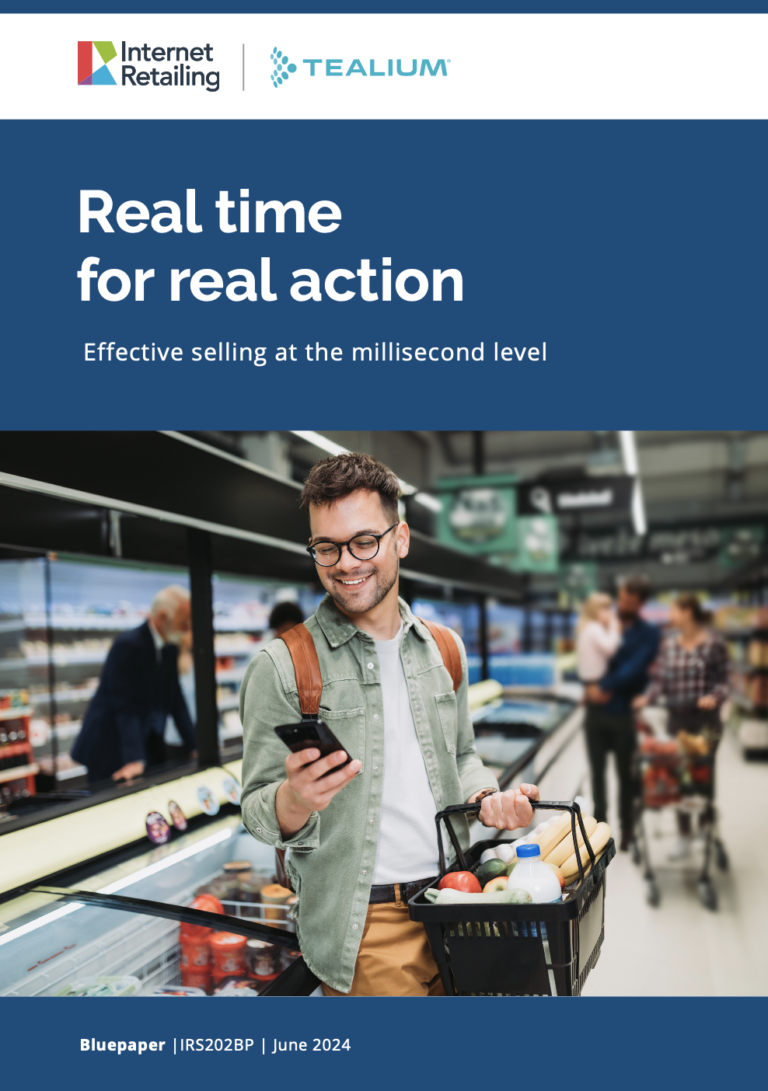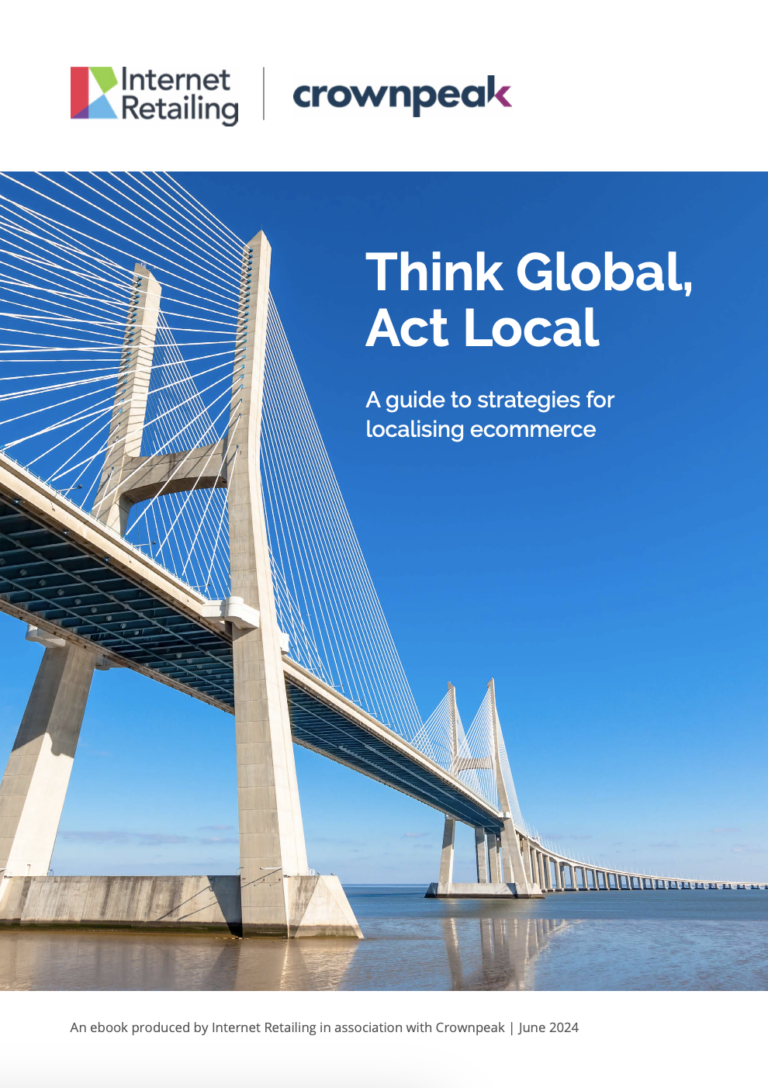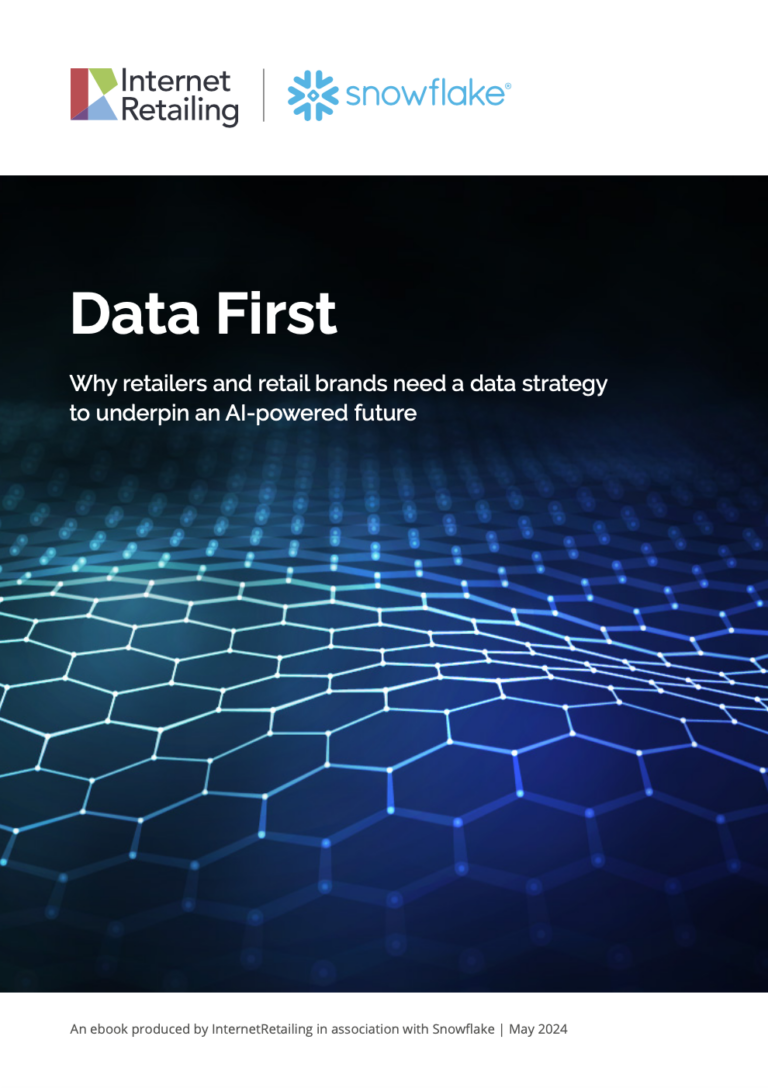Currently, just 4% of the world’s leading brands and retailers share details of their suppliers and manufacturing facilities with consumers online, although a greater number have a code of conduct outlining how such partners should behave, the RetailX Global Ecommerce 2023 report has highlighted.
The report, which is available to pre-register for now, found fashion companies are the most likely retailers to share information about their sustainability policies on their consumer-facing ecommerce site. Some 22% of fashion brands and retailers within the RetailX Global Elite Top1000 do so. Of these, 19% also publish a plan of action sharing how they will reach their stated sustainability goals.
Such fashion platforms are becoming advocates for sustainability by also helping the smaller brands that supply them change their own businesses. Fashion platforms About You, Yoox Net-a-Porter and Zalando have collaborated on a climate learning platform to help the brands they stock know more about setting science-based targets.
These brands also have the opportunity to discuss sustainability and exchange ideas with experts and peers. 55 brands took part in the first year of the programme, with its successful launch followed by invitations sent out to a further 250 brand partners in 2023.
The programme forms a critical part of the three online retailers’ respective climate journeys, with each working to support a reduction in their brand partners’ emissions to achieve their own Scope 3 targets. Looking ahead, these retailers see potential to scale the platform’s reach to become available to every fashion brand partner and the wider industry.
“At About You, we believe that collaboration and transparency are key to sustainable change across the industry,” says Hannes Wiese, co-CEO, About You Holding.
“This creates accountability but also comparability between businesses and leads to positive change within the fashion sector.” He adds, “We are proud of last year’s strong results of Fashion Leap for Climate and are excited – together with Zalando and Yoox Net-a-Porter – to start its second year. The successful completion of the learning journeys by our initial partner brands marks a crucial initial stride in the right direction. We are convinced it will take collective initiatives from the entire industry to create sustainable change.”
Fashion brands are also embracing the second-hand market and taking charge of the resale of their own branded goods. Zara, which introduced a resale option on its core ecommerce site in the UK, has recently expanded it to France, with further launches planned for Spain and Germany.
However, other retail sectors have made bigger inroads into circular retail models, such as through product rental, repair, take-back schemes and recycling. Almost 14% of DIY and building trade retailers have rental schemes for tools so that consumers don’t have to go to the expense of buying something outright that they may only use once.
While 26% of consumer electronics retailers offer a recycling scheme for at least some of the products they sell, 24% have a way for customers to return products for repair. There is a higher prevalence of homeware retailers sharing instructions online for customers to mend their own items than for fashion retailers to do so. Overall, 11.4% of the retailers and brands within the RetailX Global Top1000 outline their sustainability ambitions on their ecommerce site, making the information easily accessible to their customers. Some make the information prominent while others include a link in the site footer or the top navigation.
Geographic differences
From a geographic standpoint, it is more common for retailers in Southeast Asia to share sustainability information with consumers. Among these retailers, 12.1% include sustainability on their ecommerce site. Among retailers in Europe, the figure drops to 6.9% while the percentage is even lower (5.8%) in North America.
The majority of the RetailX Global Top1000 in North America are based in the US, a country that is moving increasingly towards environmental reporting and investment. 8.6% of retailers in Southeast Asia include their full sustainability report with customers online. The figure drops below 5% for retailers in the Middle East (4.7%), Europe (4.6%) and North America (4.3%). 6% of the retailers in Southeast Asia include a full archive of sustainability reports to show how and where progress is being made.
This is an excerpt from a larger feature authored by Emma Herrod in the RetailX Global Ecommerce 2023 report.
Pre-register now for your copy of the full report, which offers a data-led analysis of the worldwide ecommerce and multichannel market.
One of RetailX’s flagship publications, it is aimed both at those already trading in different markets and at those considering expanding into regional markets where the challenge is to compete with established businesses.

